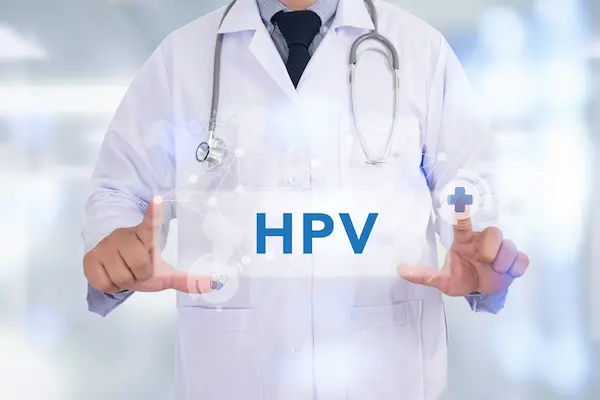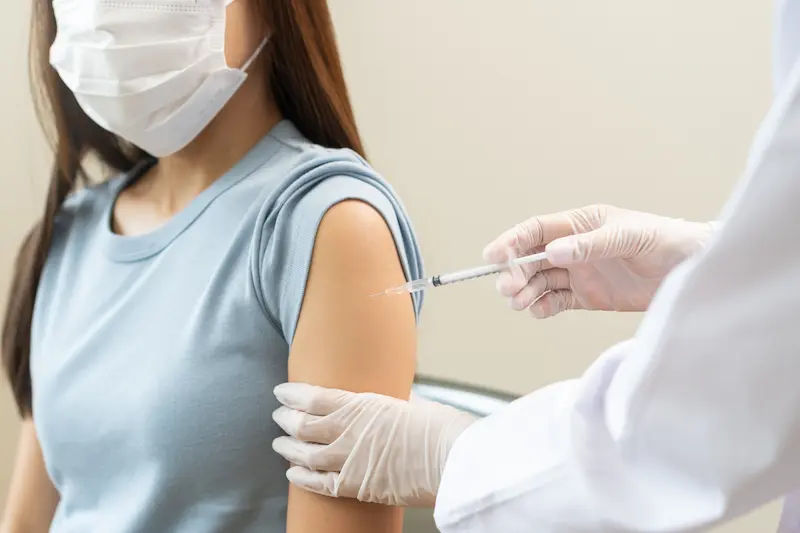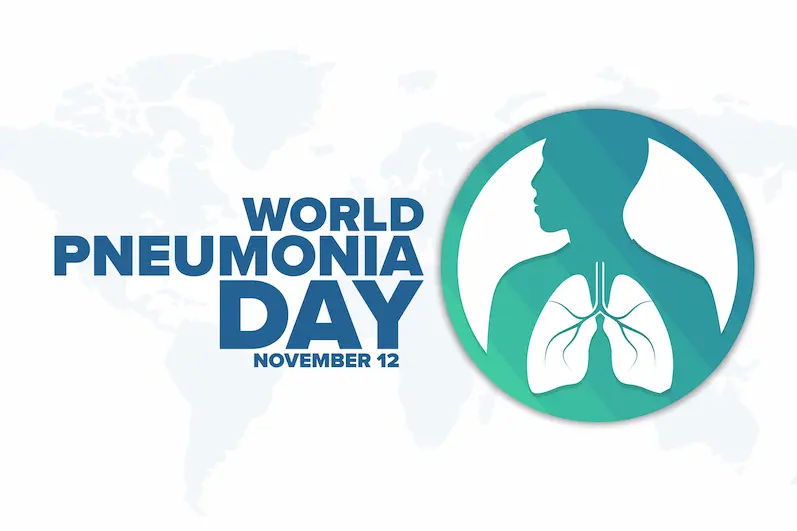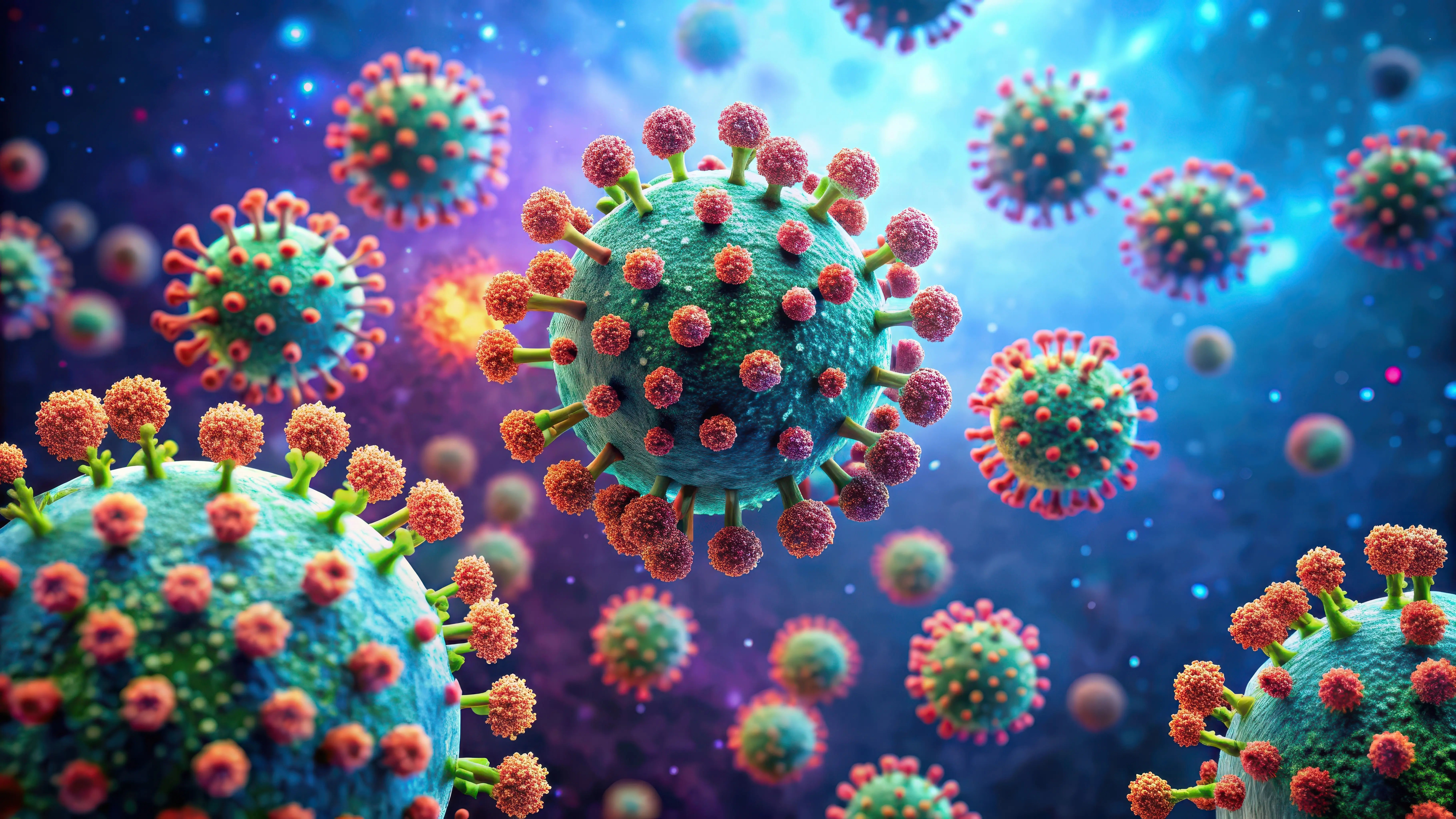- Male
- 20 Years
- 22/01/2025
I'm really worried and need some advice. If I had protection and my penis just touched or rubbed a little against the upper part of the vagina, is there still a risk of HIV? Should I ask him to get tested even though there was no penetration?
Answered by 1 Apollo Doctors
The risk of HIV transmission in this scenario is extremely low, especially if protection was used, and there was no penetration or exchange of bodily fluids. Routine testing is not necessary for such contact, but if you're anxious or unsure about potential exposure, getting tested can provide peace of mind.
Dr. Anshul Suggests...
Consult a Infectious Disease specialist
Answered 04/07/2025
0
0

More Infectious Disease Health Queries
View allI recently had a brief encounter with a sex worker and made sure to use a condom, but now Im really anxious about the risk of getting HIV. Ive been reading up a lot online, and to be honest, it's making me pretty scared and down. The thing is, the encounter was really short, like about 2 minutes, and I didnt feel much. While removing the condom, I think I mightve done it wrong by pulling it from the base up. When I checked afterward, my penis was dry and there wasnt any noticeable liquid on my hands. Im worriedcould I still be at risk for HIV?
The risk of HIV transmission in this scenario is low, especially since you used a condom. However, to further reduce the risk, you can consider taking Post-Exposure Prophylaxis (PEP) within 72 hours of the exposure. PEP involves taking a combination of antiretroviral drugs for 28 days. I recommend you consult a healthcare provider for a proper assessment and prescription of PEP.
Answered by 1 Apollo Doctors
I'm worried about my friend who had a possible HIV exposure. He got tested at 30 days with the HIV12 antibodies combo test from Dr. Lal Path Labs and it came back negative. Then, he took another test at 45 days with SRL lab, and that was negative too. Is there still a chance he could seroconvert after 45 days? This whole situation has got us both stressed out.
ask him to get tested at an interval of 6 months if that also turns out negative,then he is free from disease
Answered by 1 Apollo Doctors
I'm getting a bit worried because a couple of months back, a street dog tried to bite me but didn't really get a good grip. It left a small wound on my thigh just with one of its teeth, and I cleaned it up with Dettol right afterward. It's been over two months now, and its almost healed there's just a little dark spot left. Everything seemed fine, but now Im starting to get anxious about whether I could've picked up any infections or viruses from it. I see the same dog around regularly, so I can identify it if that helps. What should I do to check if Im all clear from any infections or viruses from the encounter?
Fever Persisting Despite Treatment _Test results interpretation:_ 1. _Initial tests (2132016)_: - Typhoid rapid test: Positive (IgM antibodies), indicating recent typhoid infection. - Negative results for malaria and microfilariae. 2. _Follow-up tests (2552016)_: - Typhoid rapid test: Negative (IgM and IgG antibodies), suggesting the infection has been cleared. _Persisting fever:_ 1. _Possible causes_: - Relapse or re-infection with typhoid - Other underlying infections (e.g., urinary tract infection, pneumonia) - Inflammatory or autoimmune conditions - Medication side effects 2. _Additional tests recommended_: - Blood cultures to rule out ongoing bacterial infections - Complete Blood Count (CBC) to assess for signs of infection or inflammation - Erythrocyte Sedimentation Rate (ESR) or C-Reactive Protein (CRP) to evaluate for inflammatory conditions - Urine analysis and culture to rule out urinary tract infections 3. _Fever type:_ - The persistent fever could be a low-grade fever, which is a common symptom of various conditions.
Answered by 1 Apollo Doctors
Disclaimer: Answers on Apollo 247 are not intended to replace your doctor advice. Always seek help of a professional doctor in case of an medical emergency or ailment.


.webp)


